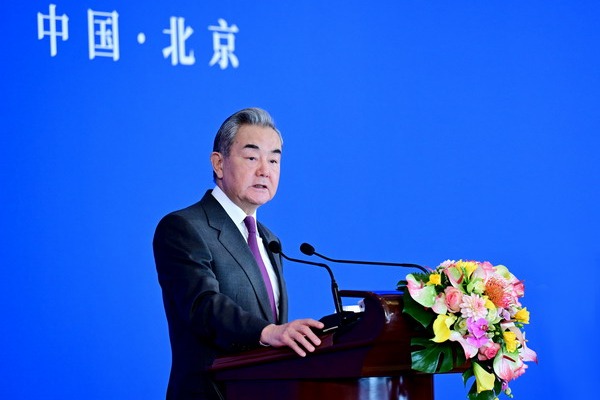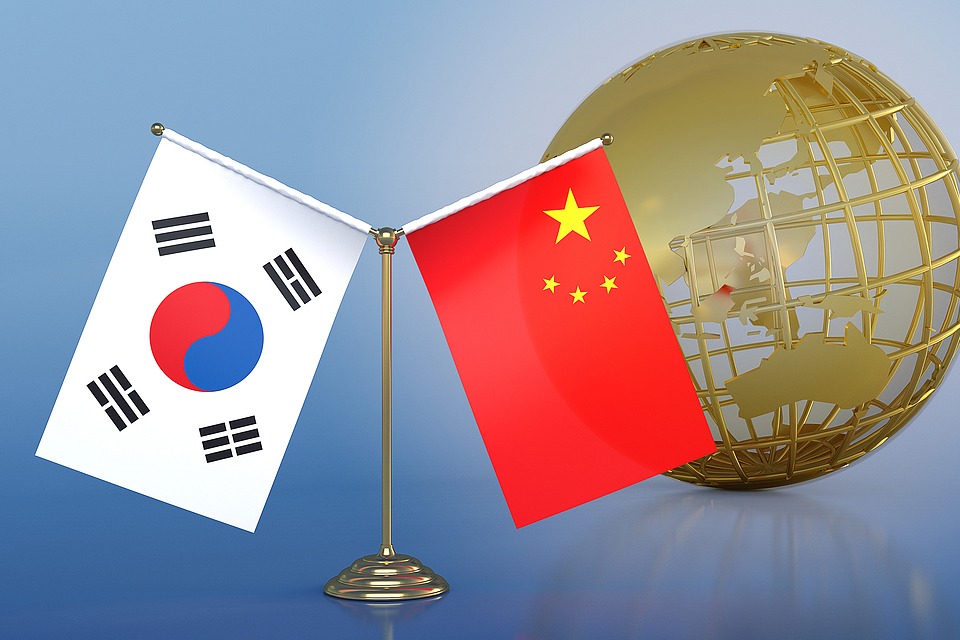Experts: New Cold War can be avoided
More efforts needed to ensure peace and stability in region, forum hears


Experts from the United States, China, Japan, and South Korea mostly agreed that a new Cold War in Northeast Asia can be avoided, though there is still a risk, as they discussed peace-building at a conference in Tokyo.
The Asia Peace Conference 2024, which closed in Tokyo on Wednesday, aimed to explore what kind of efforts are needed to ensure peace in Northeast Asia, said Yasushi Kudo, president of the Genron NPO, the host organization of the conference.
Daniel Russel, former US assistant secretary of state for East Asian and Pacific Affairs, said people should be careful about labeling the current situation as a "Cold War" because it "creates a mindset that could drive policies and would actually escalate risk."
There is a substantial difference nowadays from the Soviet-era Cold War situation, given the economic interdependence and the lack of Cold War-style proxy wars. In addition, international and regional frameworks have been established, and technology has really changed the game, Russel noted.
"Projecting the Cold War framework onto today's geopolitical landscape clouds our vision and can create self-fulfilling prophecies. So I think it's a mistake to think in Cold War terms but at the same time, there's a lot we can learn from the Cold War," he said.
"Adaptation of Cold War policies, not replication of Cold War policies, can be helpful in preventing a new Cold War and promoting a more secure and cooperative region," he said.
Ouyang Wei, deputy director of the Academic Committee at Grandview Institution, said: "Following the old way of thinking is not good for the current situation. We should avoid using the definition to shape the new Cold War. It's very dangerous to shape two blocs (that) confront (each other) in Northeast Asia."
Ouyang warned that maybe someone wants to use this concept to shape the two blocs, which is not good for the world.
A new Cold War would make most countries suffer, said Fan Gaoyue, retired senior colonel and former chief specialist at the PLA Academy of Military Science.
Globalization stressed
He emphasized that globalization has made all countries dependent on each other economically to a certain extent. Their economic interests are mutually interconnected, which makes it difficult for them to pick sides.
"A new Cold War in Northeast Asia can be avoided, though there is such a risk," said Fan, who is now a guest professor at Sichuan University.
To avert a new Cold War, Northeast Asian countries should try what they can to defuse hostilities through dialogue and military exchanges, deepen mutual understanding and trust-building through people-to-people exchanges, and prevent crises and friction from escalating into conflicts and confrontation, through communication channels, he said.
Jia Qingguo, a professor and former dean of the School of International Studies at Peking University, said that the Cold War between the US and the Soviet Union had three characteristics — ideological competition, military confrontation on a global basis, and economic separation.
"Judging by those three criteria, we are not quite at a Cold War yet," said Jia.
However, he noted that people on both sides are thinking in terms of a worst-case scenario approach. Each side plans for the worst possible situations and takes measures in that direction, and that prompts the other side to do the same.
"We need to change this worst-case scenario approach. We need to give the benefit of the doubt to the other side," said Jia.
Besides, other countries also have a role in shaping the relationship. Probably, they need to make sure that they do not take sides to fuel the conflict, he said.
Christopher Johnstone, senior adviser and Japan chair at the Center for Strategic and International Studies, said the reality of economic interdependence is such that the US is not going to decouple from China, and the US has no ability to ask its close allies to decouple, either.
"We are not in a new Cold War. It's not a bipolar system," said Johnstone.
"Where we are really heading for is a world of competing coalitions and shifting coalitions of countries that align on issues and move apart on other issues," said Johnstone.

































